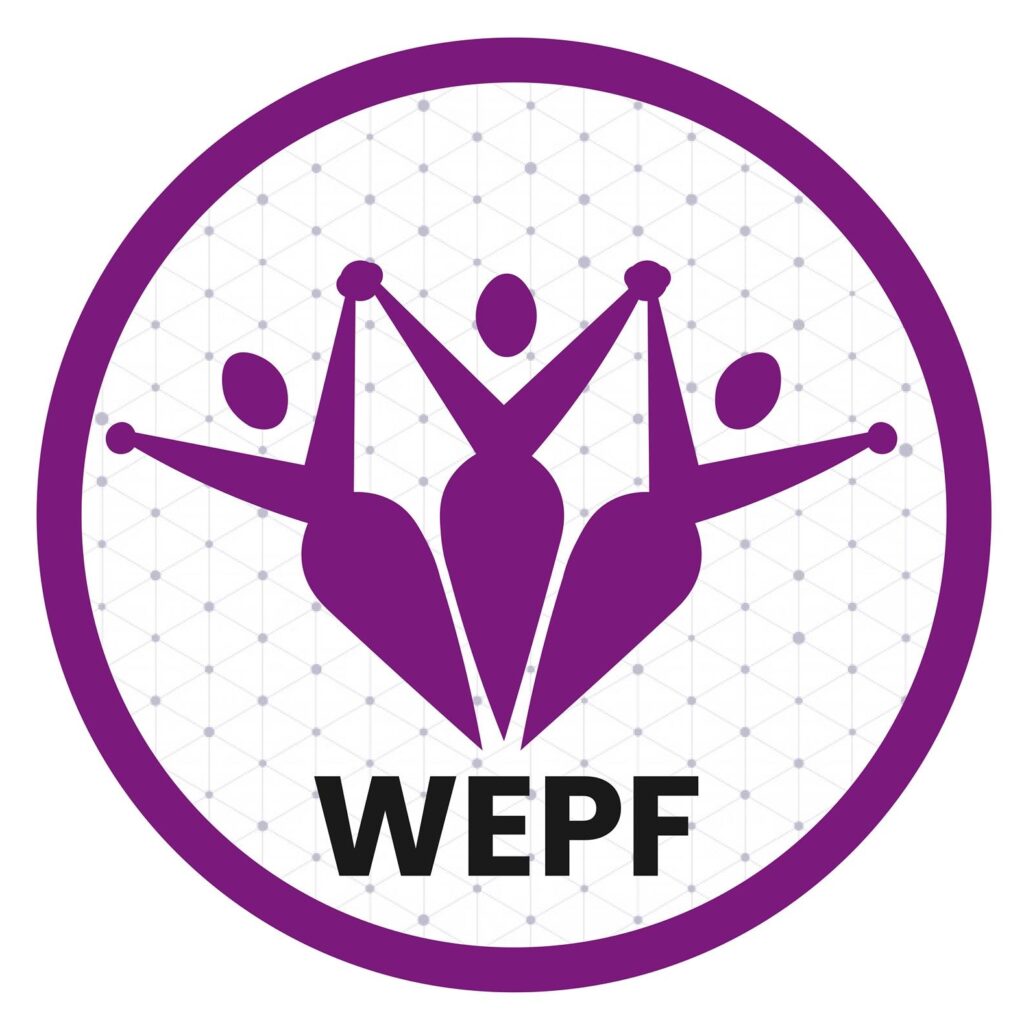PRIMARY HEALTH CARE SERVICES
Prevention of FGM
- WEPF joined the Global campaign to fight against FGM pandemic in The Gambia in 2017.
- The organisation has since recognises the need for partnership and collaborative approach in mobilisation of resources at all levels for mass awareness creation about the pandemic as one of the most important responses
- As a result that WEPF`s response focus mainly in partnering with CSOs, Women and other community groups, a few NGOs on mass awareness creation sensitisation meetings at community levels predominantly in its Development Areas.
Specifics activities include among other things
- Consistently funding youth groups in their peer health Education programmes on FGM and its prevention and control in various communities and schools
- Supporting FGM sensitisation matches for CSOs during fourteen days of activism and world FGM campaign periods
- Implementation of Stepping Stones program in partnership with five other NGOs in the form of a consortium at community levels.
- Sponsoring radio and TV spots, and programs on Stigma and discrimination against FGM
Some major Achievements
- High level of Awareness About FGM and Domestic Violence in the Gambia
- Establishment of a WEPF offices with functional decentralized branches
- Supported the development and establishment of the first ever five year FGM and Domestic Violence strategy document.
- Assisted Children against FGM and Domestic Violence establish a centre for learning and sharing on FGM and Domestic Violence among their peers.
10 illiterate women members of WEPF, in the Gambia were trained on adult literacy, which significantly increases their understanding about issues on treatment literacy among other benefits.
- Two FGM victims were sponsored and underwent training on counseling advocacy on FGM through a two-week study tour of their sister organizations.
- Created a network of FGM at national level and provided opportunities to link them with the sub-regional body
CHALLENGES
- Low program implementing capacity of existing support societies
- Continued denial of FGM by certain people or group in communities
- Elimination of stigma and discrimination of FGM in communities
- Getting the masses to understand that FGM and Domestic Violence programs or activities are not merely money making ventures
- Inadequate national policies on FGM and Domestic Violence
- Cultural barriers on Reproductive Health issues especially for women
- Inadequate coordination of FGM and Domestic Violence programs at national level
- To Work within the framework of our new global strategy, right to end FGM 2017/ 2022 which clearly stated five main goals for the FGM and Domestic Violence thematic work
Way forward
To Work within the framework of our new global strategy, right to end poverty 2017/ 2022 which clearly stated five main goals for the FGM and Domestic Violence thematic work
Five thematic goals
- FGM victims will increasingly WEPF and exercise their rights, including access to comprehensive treatment, care and social security
- By exercising their rights, women and girls’ vulnerability to FGM and impact of FGM& Domestic Violence on their lives, including the burden of care, will be measurably reduced in our operational area
- By exercising of their rights, all those who are vulnerable to FGM in our operation area, will have the necessary information and skills to protect themselves from FGM
- FGM Victims and other citizens will have the necessary organizations and movements to create sustainable and effective responses in the fight against FGM && Domestic Violence
- States and their institutions will be accountable and responsive to their citizens, particularly by respecting, protecting and promoting the human rights of people affected by FGM and Domestic Violence
Key actions
- Continuous support and mobilisation of FGM at all levels through enhancing programmes on policy, advocacy and lobbing for increase access to comprehensive care, treatment and social welfare
- Provide and advocate for support that enable sustainable livelihoods and an enabling policy environment for FGM especially women and Girls.
- Strengthen our collaboration with women groups, peer health educators groups, network of youths and children organisations, FGM support groups/networks, other NGOs and CBOs working on FGM and Domestic Violence for continuation and rolling out their responses at national levels
- Mobilising, supporting and strengthening the capacity of local NGOs CSOs women and girls advocacy groups, FGM groups/networks in advocacy and lobbying for a strong voices and recognition at national and international levels
- Mobilising and supporting NGOs and CSO with women’s FGM groups, Other women and girls advocacy groups through capacity strengthening in advocacy and lobbing to enable them have stronger voices and recognition and to be able to manfully engage government and cooperate institutions locally to influence policies that affect them
